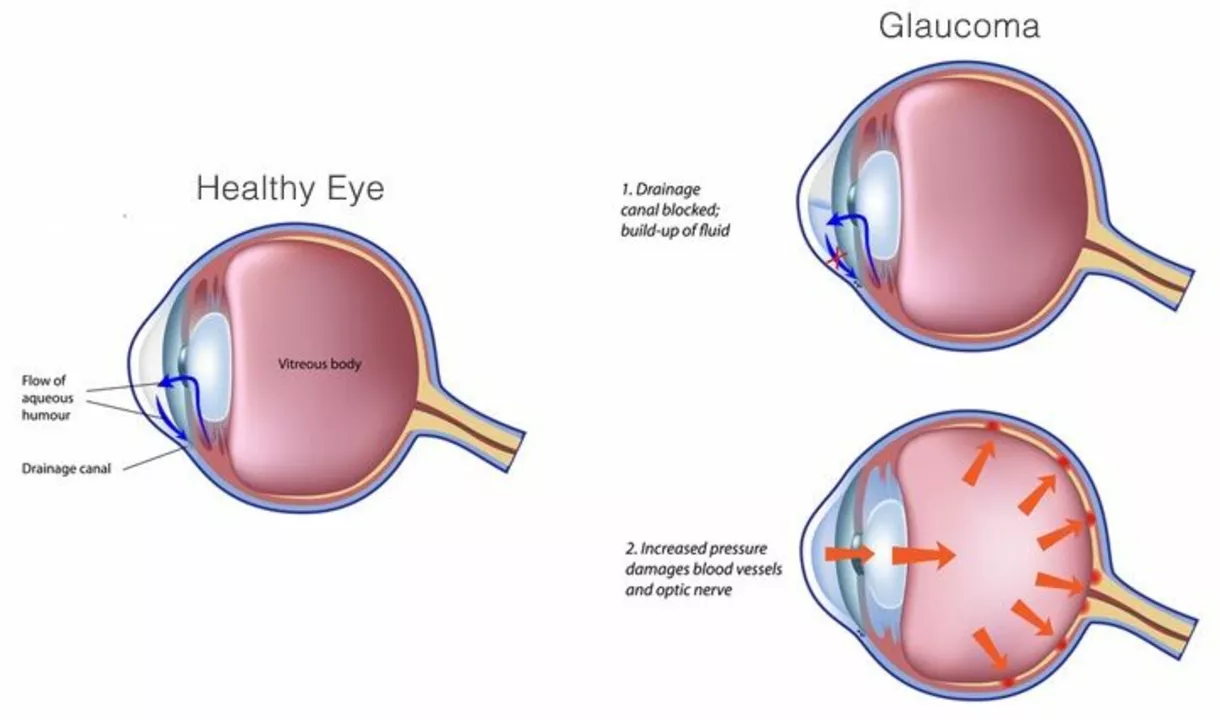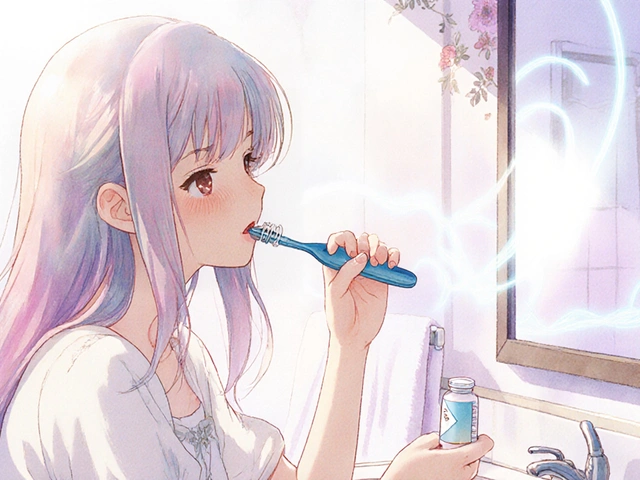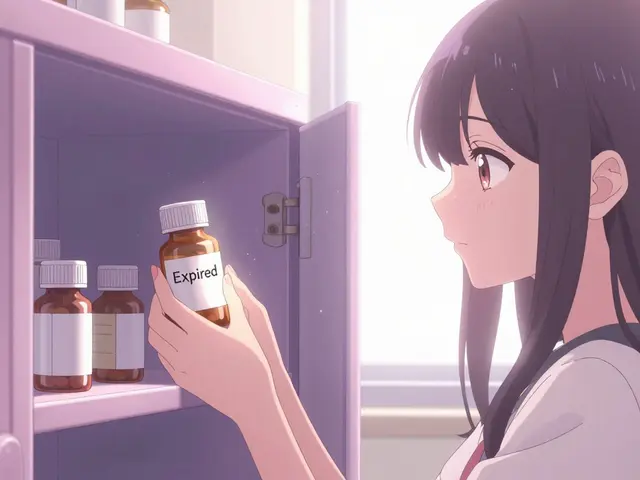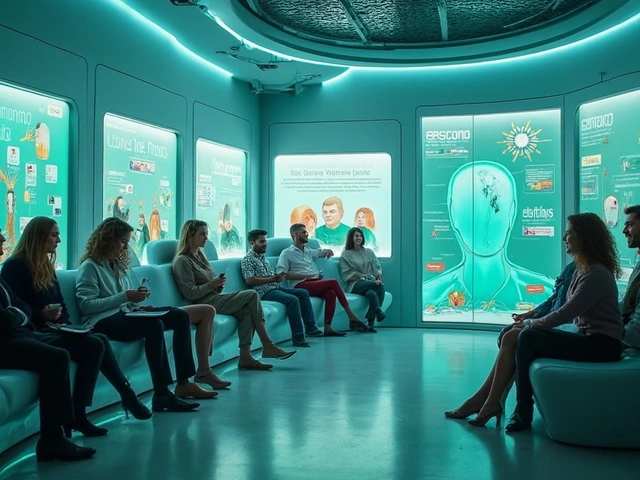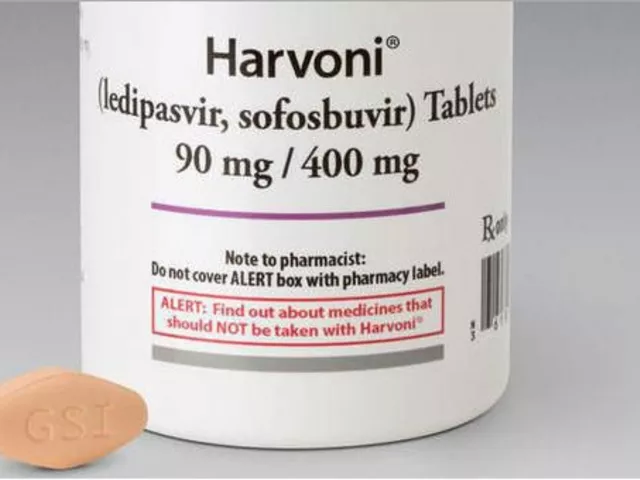Maintaining Eye Health: Practical Tips You Can Use Today
Your eyes work hard. Small daily habits can cut the risk of strain, dryness, and long-term problems. This page gives clear, useful steps you can start using right now — no jargon, just things that work.
Daily habits that protect your eyes
Take regular breaks from screens. Try the 20-20-20 rule: every 20 minutes look at something 20 feet away for 20 seconds. That relaxes the focusing muscles and reduces strain.
Adjust your workspace. Position your screen slightly below eye level and about an arm’s length away. Reduce glare by tilting the monitor and using soft lighting rather than a bright overhead light behind the screen.
Blink more. When we concentrate, blink rate drops and eyes dry out. Set a reminder on your phone or browser to blink slowly or use artificial tears if your eyes feel dry.
Wear proper sunglasses outdoors. Choose lenses that block 99–100% of UVA and UVB rays. Sunglasses protect the retina and the delicate skin around your eyes from sun damage.
Sleep matters. Poor sleep makes eyes look tired and red and slows repair. Aim for consistent sleep and avoid screens at least 30 minutes before bed to help your eyes rest.
Diet, supplements, and when to see a doctor
Feed your eyes with food. Eat leafy greens (spinach, kale), orange veggies (carrots, sweet potato), eggs, citrus, nuts, and oily fish like salmon. These foods supply lutein, zeaxanthin, vitamin A, vitamin C, vitamin E, zinc, and omega-3s — nutrients linked to eye support.
Common supplement choices. Many people take lutein (often 10 mg) with zeaxanthin (about 2 mg) and omega-3 fish oil (around 1,000 mg) to support eye health. Talk to your doctor before starting supplements, especially if you take other meds.
Manage health conditions. High blood sugar and high blood pressure damage small blood vessels in the eye. Keep diabetes and hypertension under control with your doctor’s plan and regular checkups.
Contact lens care. Clean and store lenses exactly as directed. Never sleep in contacts unless your lens type allows it and your eye doctor okays it. Poor lens hygiene leads to infection fast.
Know the warning signs. Seek an eye doctor right away for sudden vision changes, flashes of light, a curtain over your vision, severe pain, or sudden redness and discharge. Early care matters.
Where to buy and save. Compare prices on trusted pharmacies and ask a pharmacist about generic options for vitamins or eye drops. If you live near Mexico or shop cross-border, check legitimacy of the pharmacy and ask for licensed pharmacist advice before buying.
Small daily choices add up. Use screen breaks, protect your eyes outdoors, eat nutrient-rich foods, and keep routine eye exams. Those steps keep your eyes working well for years.

